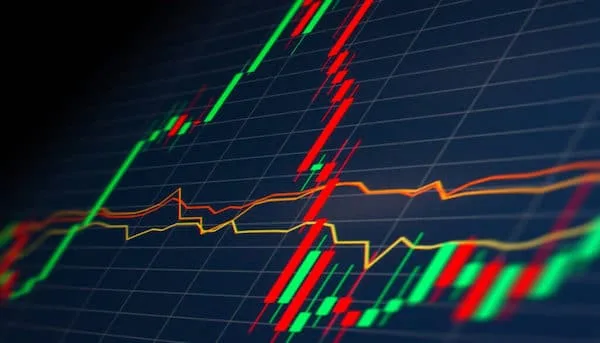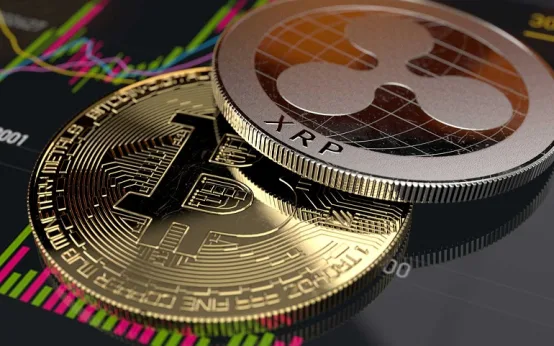
In today’s economic climate, UK households are facing a difficult balancing act. Inflation has driven up the cost of everyday life, from food and energy to rent and mortgages. At the same time, concerns about a slowing economy — and even the possibility of recession — are beginning to weigh on consumer confidence, job security, and investment outlooks.
While inflation and recession may sound like opposing forces, they can — and often do — overlap. Their combined effects can place pressure on your finances from both ends: rising prices drain your spending power, while economic slowdowns limit income growth or threaten employment.
Understanding how both inflation and recession affect your wallet is crucial to making smart financial decisions in 2025 and beyond.
The Quiet Erosion of Spending Power
Inflation doesn’t happen all at once, and that’s part of what makes it so damaging. You might not notice when the price of milk or electricity goes up by a few pence, but over time these increases accumulate. In recent years, UK inflation has been fuelled by global events — energy market volatility, supply chain disruptions, and labour shortages have all contributed to price rises.
When inflation is high, the same salary buys less. Fixed incomes, such as pensions or benefits, feel the pressure even more. Savings, if not earning a competitive interest rate, begin to lose their real-world value. Everyday items become more expensive, making it harder to maintain previous living standards.
Unlike a financial crash or job loss, the effects of inflation creep in slowly. Yet the end result is the same: less room in your monthly budget, more stress in managing bills, and the need to rethink financial priorities.
Recession: A Different Kind of Threat
Whereas inflation makes everything cost more, a recession can cut off income altogether. Recession is defined by falling economic activity over two or more quarters, but in real life, it shows up as reduced hiring, business closures, and shrinking consumer confidence.
For the average person, this can lead to a hiring freeze at work, cancelled bonuses, or worse — redundancy. Industries like retail, travel, and hospitality are often hit hard first, but even white-collar sectors can feel the impact when economic uncertainty rises.
Recessions also tend to slow down government spending, which can mean fewer services and more pressure on public systems. Investment returns may fall, home values can stagnate, and pensions may be exposed to declining markets.
Unlike inflation, which chips away at your outgoings, a recession targets your incomings. The fear of losing income can be just as damaging to spending habits and confidence as inflation itself.
When Both Hit at Once
What happens when inflation and recession occur simultaneously? This situation — sometimes called stagflation — presents a major challenge. On one hand, households are trying to cope with rising costs. On the other, job opportunities may be limited, and wage growth could stall.
In this environment, traditional government tools like adjusting interest rates can lose effectiveness. Raising rates to fight inflation may worsen recession effects. Lowering them to stimulate growth could fuel further price increases.
For households, the consequences are personal and immediate: food shops become costlier, but raises aren’t on the horizon. Utility bills climb, but there’s hesitation about switching jobs or investing for the future. Planning becomes harder, uncertainty increases, and financial stress becomes a daily reality for many families.
Strategies for Navigating the Pressure
While the economic climate may feel out of your control, there are still steps that individuals and families can take to protect their finances.
Start by getting clarity on your monthly cash flow. Know exactly how much is coming in, what’s going out, and where your money is being spent. This awareness alone can help identify unnecessary expenses and uncover ways to trim costs.
It’s also important to strengthen your financial cushion. Emergency savings can be a lifeline if income drops or unexpected costs arise. Building up even a modest reserve can provide flexibility and reduce reliance on credit during tough times.
Where possible, review any debts — particularly those with variable interest rates — and look for options to consolidate or refinance. High-interest credit card balances can become unmanageable when rates rise alongside inflation.
Finally, consider your income sources. While job security may not always be in your hands, upskilling, freelancing, or creating small side incomes can add resilience. Even if you don’t need them now, they could make a difference later.
Why This Matters for the UK in Particular
The UK economy faces unique challenges in 2025. The combination of Brexit aftershocks, energy price sensitivity, and tight monetary policy has left many sectors vulnerable. The Bank of England continues to walk a tightrope between controlling inflation and preventing a deeper downturn.
For UK consumers, this means that both short-term and long-term planning must take into account a wider range of variables. Mortgages are more expensive, rental demand is surging, and job competition is rising in many fields.
While government support schemes may help to some extent, the burden often falls on individuals to protect their own financial well-being — especially in an era where both inflation and recession are not just theoretical risks but lived realities.
A Forward-Looking Approach
Whether you’re planning for your family’s future or simply trying to stretch your monthly income, recognising the impact of both inflation and recession helps you make informed choices. It’s not about predicting what comes next with perfect accuracy — no one can. But preparing for volatility is a smart move in any economic cycle.
Staying grounded, staying informed, and adjusting your approach with flexibility is the most valuable asset you can have — no matter what the headlines say.

 How to Avoid Credit Card Debt in the UK
How to Avoid Credit Card Debt in the UK  Is Solana the Next Ethereum? Exploring Its Potential
Is Solana the Next Ethereum? Exploring Its Potential  The BRICS Currency: Could It Challenge the U.S. Dollar’s Dominance?
The BRICS Currency: Could It Challenge the U.S. Dollar’s Dominance?